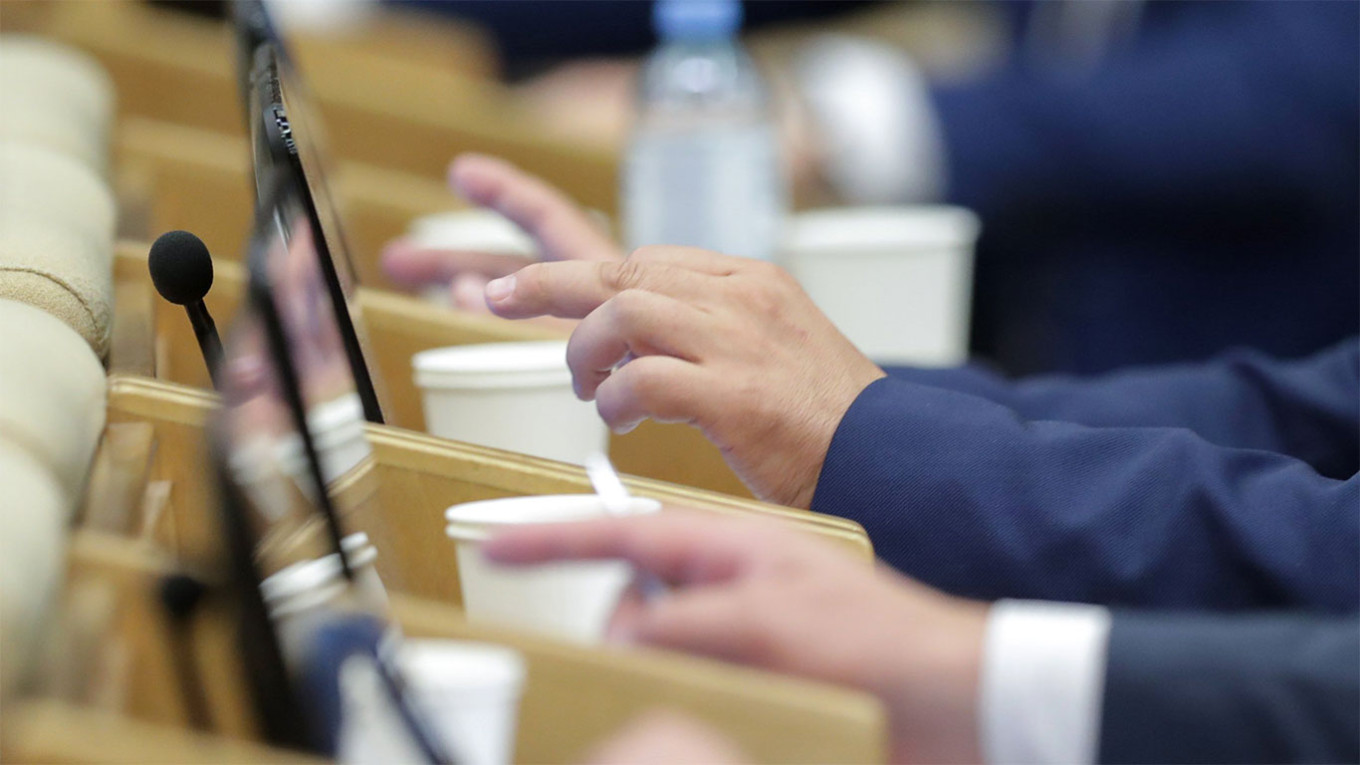On Wednesday, the State Duma, Russia’s lower house of parliament, approved revisions to the 2025 budget, anticipating a revenue decline exceeding $15 billion and a larger deficit due to decreasing earnings from oil and gas.
The budget, which was endorsed by President Vladimir Putin last December, initially estimated revenues at 40.3 trillion rubles (approximately $508.5 billion) with a deficit of 1.17 trillion rubles (around $14.76 billion), which is 0.5% of the GDP. This version allocated an unprecedented 40% of its total expenditure to defense and national security.
Under the updated projections, revenues are expected to decrease by 1.79 trillion rubles, bringing the total to 38.51 trillion rubles ($485.9 billion). The deficit is projected to increase to 3.79 trillion rubles ($47.8 billion), or 1.7% of GDP, marking a rise of 2.62 trillion rubles.
These adjustments are attributed to a stronger ruble, declining global oil prices, and further escalations in military expenditure.
Forecasts suggest that oil and gas revenues will now reach 8.32 trillion rubles ($104.8 billion), which is a reduction of 2.62 trillion rubles from earlier estimates. Conversely, non-oil and gas revenues are projected to increase by 829 billion rubles to 30.19 trillion rubles ($380.3 billion).
Additionally, the government intends to raise spending by 829 billion rubles, totaling 42.3 trillion rubles ($532.9 billion).
In the first quarter, Russia’s spending has already hit 11.2 trillion rubles ($141.1 billion), surpassing the figures from the previous year.
German economist Janis Kluge estimates that approximately one-third of this spending—around 3.6 trillion rubles ($45.3 billion)—was classified, likely allocated for defense purposes. Since 2023, Russia has increasingly prioritized military spending.
To manage the deficit, the government plans to withdraw 447 billion rubles ($5.8 billion) from the National Wealth Fund (NWF), which holds 2.8 trillion rubles ($36.4 billion) in liquid assets. Economists from the Kremlin have cautioned that, based on current trends, the fund could be exhausted by 2026.
The modified budget will proceed to the Federation Council, Russia’s upper house, for approval before being signed into law by Putin, who has made defense spending a top priority.

